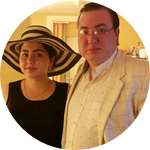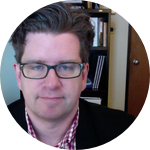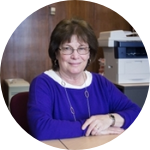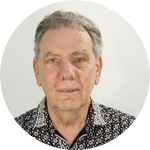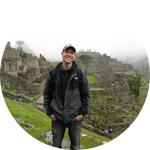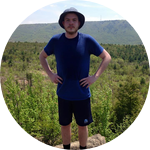About This Project
It is estimated that within the next 100 years, over 90% of the world's languages will become extinct due to events such as contact with prestige languages. Salasaca Kichwa, a Northern Highlands dialect of Ecuadorian Quechua, is currently labeled as endangered by several leading linguistic organizations. Our goal is to support the preservation Salasaca Kichwa through the documentation of linguistic material, and suggest a new means by which endangered languages can be saved from extinction.
Ask the Scientists
Join The DiscussionWhat is the context of this research?
Linguists believe that 'all languages are equal'. Thus endangered languages are a serious concern since culture, history, and ethnicity are expressed through speech. Indicators of endangerment include decline in the number of speakers and social settings of practice.
Current approaches deal primarily with creating a 'standard' version of the dialects of an endangered language, however this approach has generally not been successful.
Not only do we hope to build support structures for the maintenance and propagation of Salasaca Kichwa, but also purpose to design an approach to language revitalization at the dialectal level in order to enable future generations of declining languages to embrace and practice their rich linguistic and cultural identities.
What is the significance of this project?
Language is the cornerstone of identity and culture. What is lost with the extinction of a language is not only potentially valuable scientific knowledge, but the vitality of a culture and ethnic identity of the speakers.
With a declining number of speakers (14,500 as of 2000, and less than 12,000 as of 2008 and number continues to decrease), it is imperative to many indigenous speakers of Salasaca Kichwa that their oral history, folklore and poetry be preserved.
A further implication of this project is to document and publish a current phonetic/phonological account of Salasaca Kichwa for 2 reasons: none exists, and this particular dialect does not pattern with others, which could give insight into significant areas of dialectology.
What are the goals of the project?
While in Ecuador we purpose to accomplish three goals:
1. construct a 'phonemic inventory' by soliciting samples of natural speech from native speakers. This will be published for research use and archived for historical and cultural institutions in Ecuador.
2. conduct interviews and surveys to gather information about Salasacans' attitudes and behaviors concerning their language. This data will be used to contribute to the body of knowledge concerning methods used by language planners and community leaders to save languages from decline and disappearance.
3. document and archive indigenous material. We will ask Salasacans to share narratives, folklore, historical accounts, and other cultural knowledge on video that will be contributed to cultural and educational institutions in Ecuador.
Budget
Recording Equipment: In order to ensure high quality recording of language samples and oral histories and folklore, we will need to purchase a TASCAM recorder, microphone, and editing and analysis software.
Travel & Airfare: This includes round-trip flights to Quito, Ecuador for the 4 team members, and rental of an SUV so that we may safely travel between the isolated Salasaca villages. We are requesting only 25% of the cost of travel and airfare - if we meet this goal we will attempt to raise the additional $4,200 needed for travel.
Meals & Lodging: We plan to stay at a hostel just south of Ambato, Ecuador for 10 days.
Stipends for Guides: We will need to hire guides who are fluent in Salasaca Kichwa to help us navigate.
Other Supplies: It is customary to offer gifts to our hosts, school faculty, and guides, as well as medicines, and other misc. supplies. A (frozen) chicken was offered to one elderly lady on our initial visit! We hope to bring supplies to several schools.
Endorsed by
Meet the Team
Affiliates
Robin Aronow
I teach Phonetics and Phonology, Psycholinguistics, and Sociolinguistics at Temple University and enjoy a tremendous rapport with my students.
I spend a large amount of my time with students mentoring in academic excellence and providing with as much exposure to 'the field' as possible. My research topics include perception of foreign languages syllabic structures, vowel shifting in Farsi, (Modern Persian), and most recently, the survival of several dialects of the northern highlands of Ecuador. I lived in Paris, France for 14 years and have been involved in translating literature on Autism into French. I am an avid mountain climber/hiker and have been known to coax my students into joining me.
Denis Kelleher
I am a continuing education student at Temple University studying Linguistics and Speech-Language Pathology. I am a graduate of Rutgers University-Camden, where I studied under Richard Epstein, focusing on semantics, discourse analysis, sociolinguistics, and examining the roles of diagrammatic iconicity and arbitrariness in the motivation of linguistic form.
My current research interests include L1 & L2 Acquisition, language contact, diglossia, and pidginization, as well as topics in semantics, such as deixis and prototype theory.
Katie Clarkson
I am a graduate student at Temple University studying Spanish Sociolinguistics and Latin American Culture. I received my Master's Degree in Spanish Literature from the University of California Davis in 2014. While an undergraduate at Hamline University in Minnesota, I spent a semester living and working in Quito, Ecuador at a domestic violence shelter. I also spent a year teaching English at two Mexican universities in Oaxaca. My research interests include discourse analysis, sociolinguistics, and L2 Acquisition, language extinction (particularly of indigenous languages), bilingualism, and translation studies.
Tessa Molnar
I am studying Linguistics and French at Temple University, and will be graduating in 2018. I am primarily interested in theoretical linguistics, and have been involved with several phonology projects, including Prof. Robin Aronow's research on Persian vowels. When I am not in the lab analyzing spectrograms, I enjoy hiking, skiing, and the fine arts.
Brian Okum
I graduated from Temple University in 2015 with a B.A. in Linguistics and a Minor in English. I am currently working in the legal and political fields temporarily before I decide upon specific plans for graduate school. My academic interests include post-development theory, political science, and language contact from sociolinguistic and ethnographic points of view. Until I reach those 'dissertation days', I have grand plans of thru-hiking the Pacific Crest Trail, moving somewhere where the summers aren't so hot, and finally having the chance to read everything on my bookshelf that isn't related to linguistics.
Colan Rodgers
Colan is a senior linguistics and Russian language major at Temple University. He enjoys rock climbing, gardening, and works at a Jewish summer camp (Habonim Dror Camp Galil) as the education director and camper specialist.
Additional Information
Salasaca Kichwa is part of a larger language family known as Quechua, which appears on the partial map of South America below. Salasaca Kichwa is spoken in central Ecuador in the location indicated in light purple.
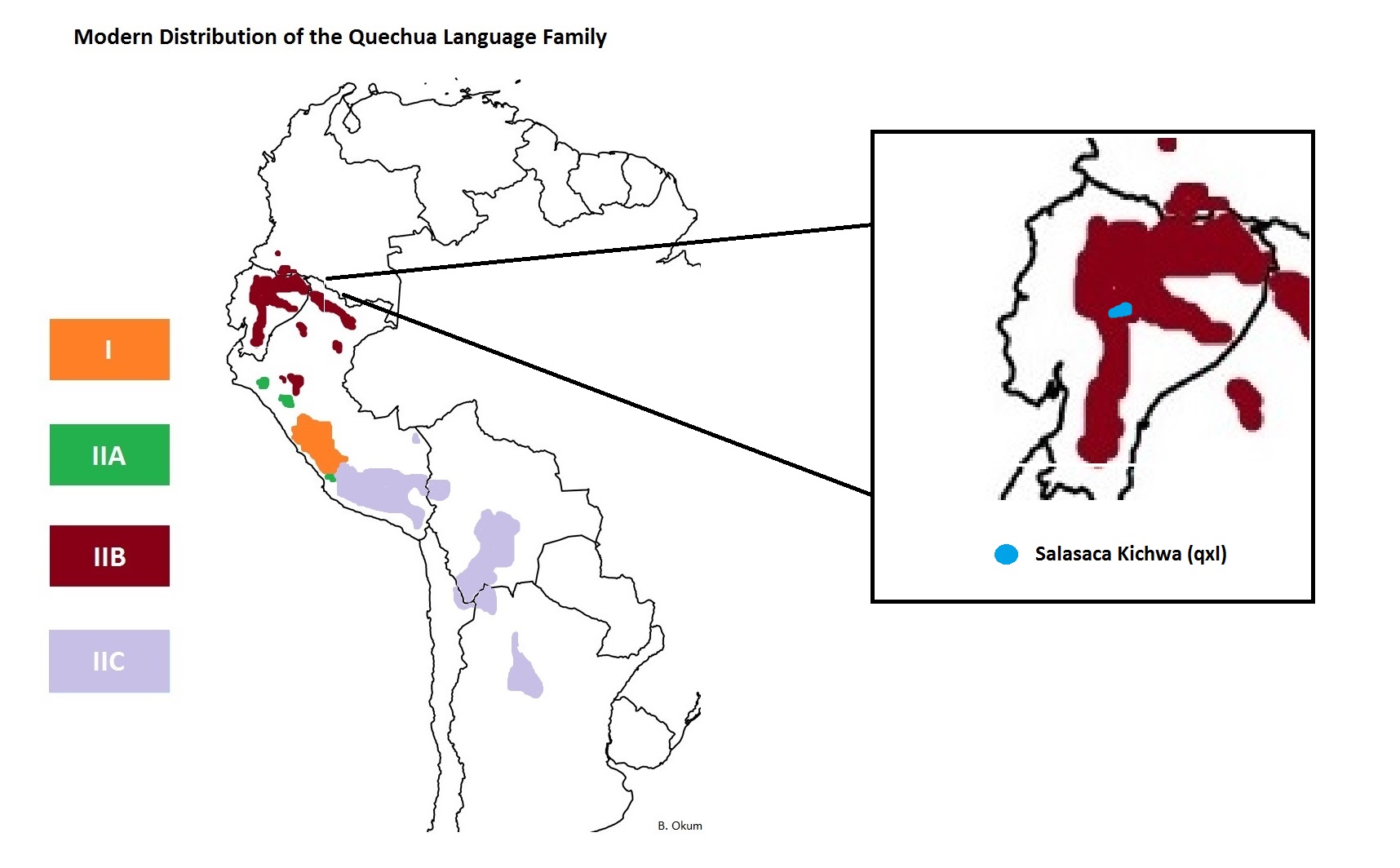
Project Backers
- 51Backers
- 118%Funded
- $4,741Total Donations
- $92.96Average Donation
